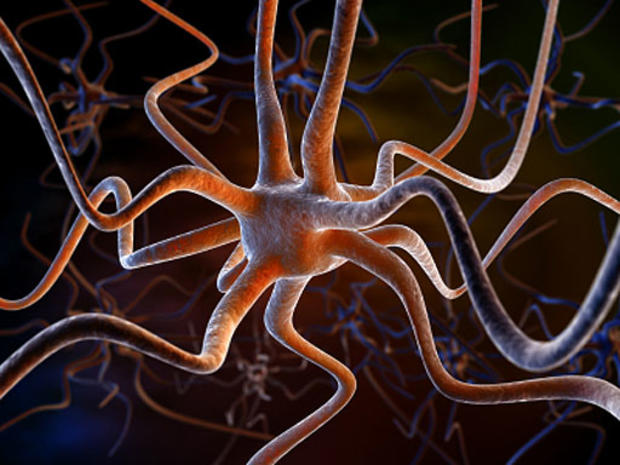100 Percent Accurate Alzheimer's Test? Would You Want to Know
(CBS) There's still no effective way to treat Alzheimer's disease, but doctors may soon have a reliable test to diagnose the devastating illness.
A new study shows that three protein "biomarkers" of Alzheimer's disease can be detected in the spinal fluid of patients years before memory problems and other symptoms of the disorder show up.
The study, published in the August issue of "Archives of Neurology," raises the possibility that patients might be able to find out with almost 100 percent accuracy whether they are going to get Alzheimer's via a lumbar puncture.
That's a procedure in which a needle inserted into the back is used to withdraw a sample of spinal fluid.
The study, conducted by Dr. Geert De Meyer of Ghent University in Belgium, showed that the three biomarkers - known as CSFamyloid beta 1-42, total CSF tau protein and P-Tau181P - were present in more than 90 percent of patients who went on to develop Alzheimer's disease.
"This is what everyone is looking for, the bull's-eye of perfect predictive accuracy," Dr. Steven DeKosky, dean of the University of Virginia medical school, who is not connected to the new research, told the New York Times about the spinal tap study.
A lot of work has to be done before the spinal tap test is widely offered to patients.
"To date, cerebrospinal fluid analyses have not been a routine component of assessment and care for patients with cognitive impairments and suspected Alzheimer's disease in the United States," Dr. A. Zara Herskovits, of Brigham and Women's Hospital, and Dr. John H. Growdon, of Massachusetts General Hospital, wrote in an editorial that accompanied the study. "There is now ample evidence that these measurements have value; physicians need to formulate when and how to incorporate cerebrospinal fluid measurements into their practice."
But the bigger question might be whether patients would really want to know they were destined to get a disease for which there is no effective treatment?
That's something scientists can't predict.
